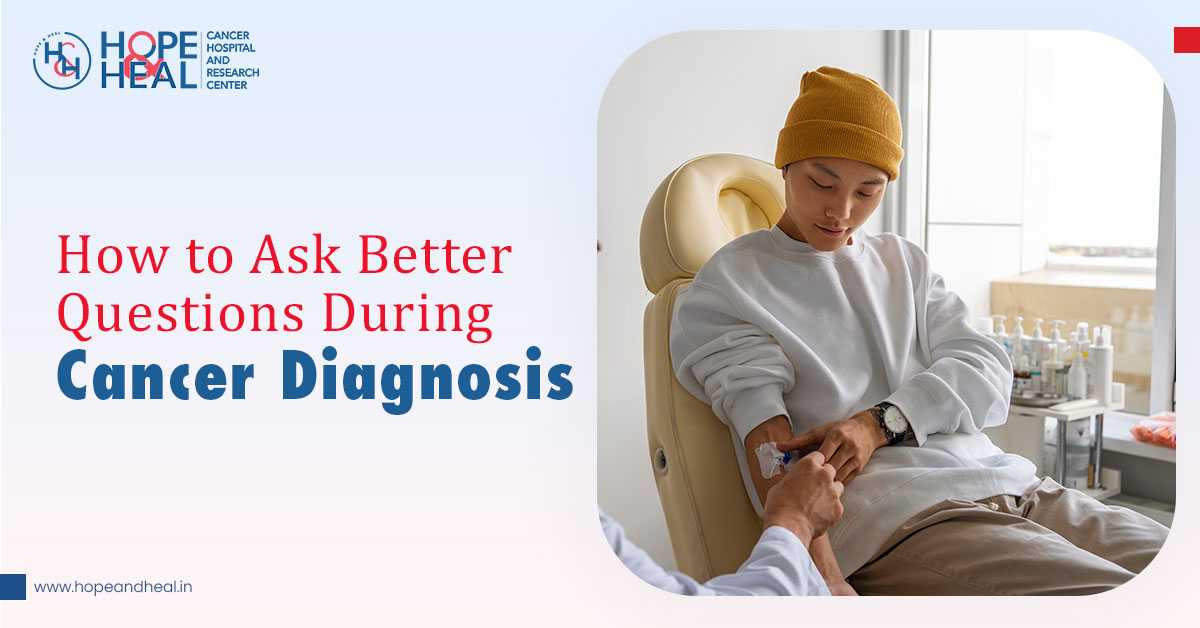Lung cancer is among the most prevalent cancers in the world. Every year, it continues to be one of the main causes of cancer-related mortality. The fact is that lung cancer goes undetected in its early stages because of its subtle symptoms. Since the disease sometimes doesn't show any signs until it is well advanced, early diagnosis of lung cancer is essential.
Better outcomes can come from identifying the early signs of lung cancer. Your chances of a successful treatment and recovery increase with the earlier detection of lung cancer. A lung cancer specialist will ensure optimum treatment with diagnostic accuracy so that you heal in the best way possible.
Overview
It starts with uncontrollably growing abnormal cells in the lungs. When these cells develop into a tumor, it can affect how your lungs normally work, including breathing problems. Through a process known as metastasis, the cancer cells may eventually move to other areas in the body, like the liver, brain, or bones.
Why Early Diagnoses are Very Important?
The stage upon diagnosis has a major impact on the lung cancer survival rate. The chances of long-term survival rise when the cancer is detected early, before it has progressed.
And in this phase, one has better treatment options that are more successful. A lot of individuals ignore early symptoms of lung cancer as being similar to mild ailments like allergies, chronic coughing, or fatigue. However, in order to diagnose lung cancer early and possibly save your life, you must learn to notice small changes in your body and take them seriously.
Know About the Warning Signs of Lung Cancer
There are some typical warning signs that should not be ignored, even if symptoms can differ from person to person. You should know that identifying even one of these symptoms and having it examined right away can have a positive impact.
- A Chronic/ Ongoing Cough
One of the most typical symptoms of lung cancer is often a cough. You should take your cough seriously if it persists for longer than two or three weeks, especially if it worsens with time.
An ongoing cough is usually the body's way of telling you that it needs your attention, but many people dismiss it as the result of a cold, allergies, or smoking. Coughing up blood or rusty-colored phlegm is a warning sign that has to be treated right away.
- Shortness of Breath
Breathlessness during rest or after light exercise might be an early symptom. This may occur as a result of fluid accumulation around the lungs or because the tumor narrows or plugs airways. You may observe that you are less able to perform everyday tasks or climb stairs.
- Chest Pain or Discomfort
Chest pain that gets worse when you cough, laugh, or take heavy breaths may be a sign of lung issues; thus, a medical consultation is vital. A dull discomfort is how some individuals describe it, while others experience intense, stabbing pains. It may also radiate to your back or shoulders.
- Hoarseness or Voice Changes
Cancer that affects the nerves that regulate your vocal cords may be the cause of a sudden change in your voice, such as a harsh or raspy sound. See a doctor, like a general physician or ENT doctor, if your hoarseness persists for longer than two weeks and isn't caused by an infection or cold.
-
Unexplained Weight Loss and Fatigue
Fatigue and unexplained weight loss are caused by cancer cells eating up a lot of the body's energy. It might be an early warning sign if you find yourself losing weight without dieting or if you feel exhausted all the time, even after taking a break.
- Recurrent Infections
Tumors can cause frequent infections, such as pneumonia or bronchitis, by blocking airways, which facilitates the spread of infections. It's worth looking into if you're experiencing chest infections more frequently than normal.
- Wheezing or Whistling Sounds
A blockage in your lungs may be the cause of your sudden wheezing, which is a whistling sound made when you breathe, if you have never had asthma. Never disregard persistent wheezing.
Subtle Signs You Might Miss
Lung cancer can also induce subtle changes that are easy to miss, in addition to the primary symptoms listed above:
- Swelling caused by obstructed blood flow in the face or neck.
- Bone pain, particularly in the hips or back, could be a sign that cancer has spread.
- If the cancer spreads, it may produce headaches or dizziness due to pressure in the brain.
- Changes in appetite or a rapid sense of fullness.
Although these symptoms don't necessarily indicate lung cancer, they should make you talk to your doctor, particularly if you're more susceptible. Talk to a lung cancer specialist for expert diagnoses and support.
Are You at Risk?
Lung cancer can strike anyone, but some things can make your risk higher. You can take preventive measures and remain aware of warning signs:
1. Smoking
About 80% of all cases of lung cancer are caused by smoking, making it the major cause of the disease. The more cigarettes smoked and the longer a person has been smoking, the higher the risk of lung cancer. Even those who have given up smoking for years are still more vulnerable than those who do not smoke.
2. Secondhand Smoke
Lung cancer risk can be raised by ongoing exposure to cigarette smoke. Even if you do not smoke, passive smoking elevates the risk. Many of the dangerous substances that smokers directly consume are also present in secondhand smoke.
3. Exposure to Radom Gas
A naturally occurring radioactive gas that can accumulate in buildings and homes is radon. After smoking, it is the second most common cause of lung cancer, and radon testing is a crucial preventative measure for your house.
4. Exposure at Work
Workers who handle industrial chemicals, diesel exhaust, asbestos, or arsenic may be at greater risk.
5. Family History
Your risk of getting lung cancer is increased if you smoke and have a family member who has the disease.
Final Words
Lung cancer doesn't necessarily cause significant signs early on. It generally causes mild early symptoms that mimic minor ailments or aging side effects. However, if you learn to pay attention to your body, know your risk factors, and get medical help, you can protect your wellness. You might seek support from one of the top oncologists in Siliguri at Hope & Heal Cancer Hospital.
Comments (0)






